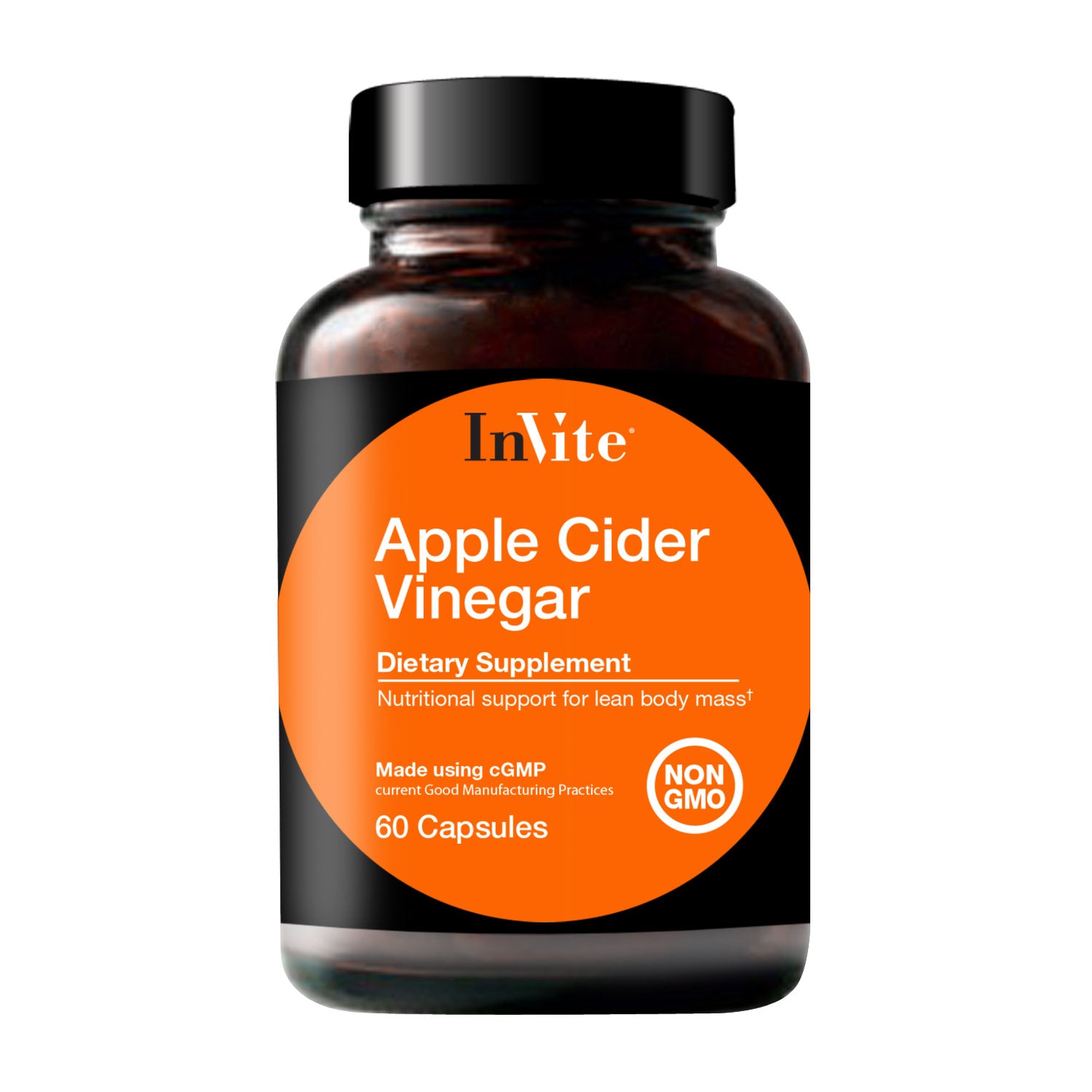More Website Content is Coming Soon
We hope that you are enjoying our new website!
We are working hard to add additional content and functionality, which is coming soon, to further improve your experience.
In the meantime, if you are looking for InVite Health Radio, you can access the archive of episodes below.


